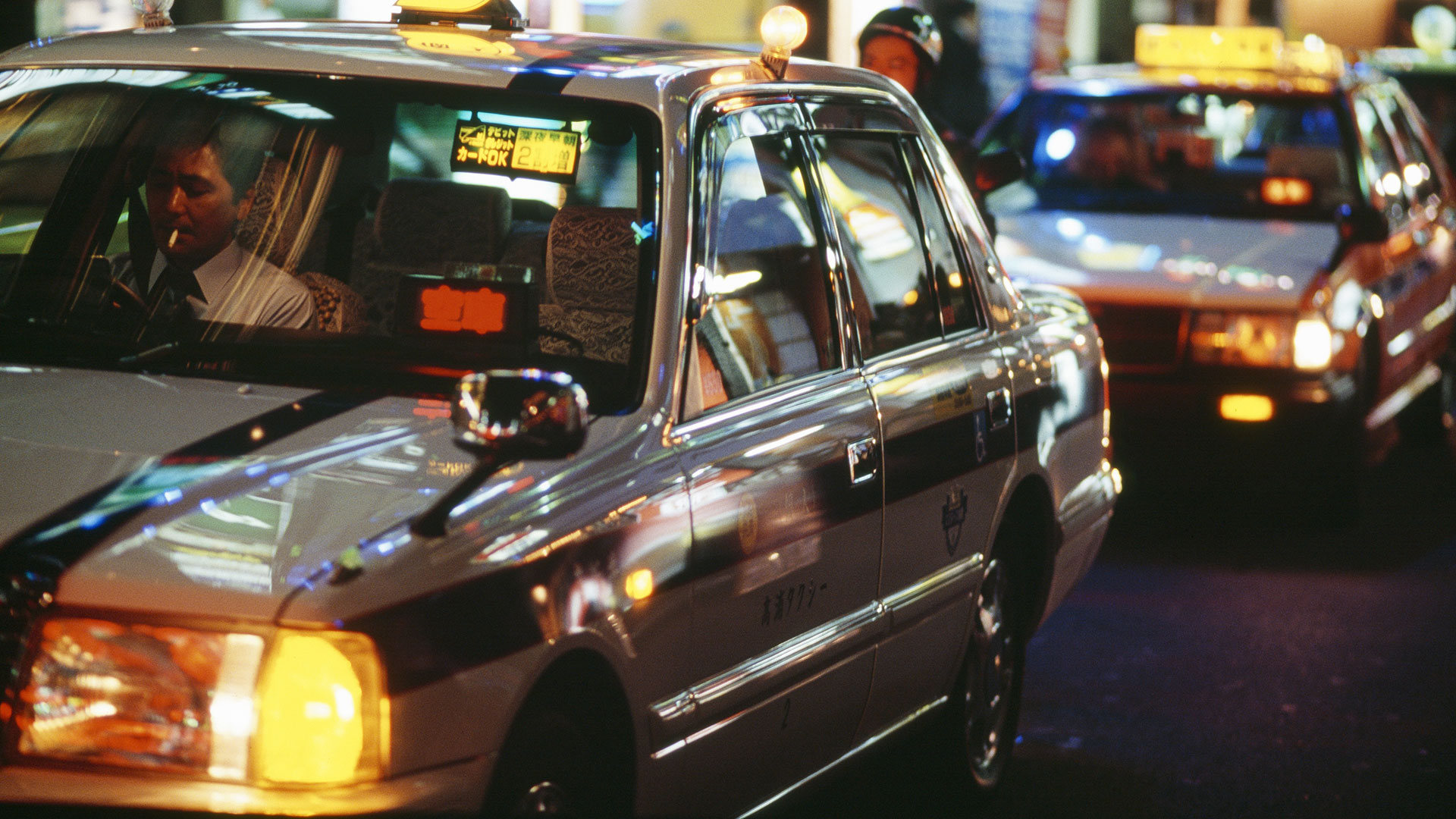

In poignant story out of northern Japan, local taxi drivers say they’ve provided rides to the ghosts of victims of the country’s 2011 tsunami. According to a sociology graduate student at Tohoku Gakuin University, Yuka Kudo, who is interviewing for her thesis, seven drivers have relayed similar stories. In each, a mournful passenger is picked up, only to vanish before reaching his destination.
In one tale, a driver picked up a young woman near Ishinomaki Station, on Matsushima Bay. Wearing a coat unsuitable for the conditions, she requested to go to Minamihama district, a sparsely populated area outside of the central city. The driver, deeming it a bizarre request, asked if the woman truly wanted to travel there, an “almost empty” place.
According to the Asahi Shimbun, the fearful woman asked, “Have I died?” Then, she disappeared.
Another driver picked up a young man who asked to go to Hiyoriyama Mountain, part of a small, beautiful park in Miyagi Prefecture, a zone ravaged by the tsunami. The driver set off, only to realize that he had no passenger. To those skeptical about the drivers’ integrity, all showed records, via meters, of trips begun then abandoned and unpaid.
Kudo’s home prefecture was spared from catastrophe, but the region in which she’s studying lost over 6,000 people. “Young people feel strongly chagrined (at their deaths) when they cannot meet people they love,” she says. “As they want to convey their bitterness, they may have chosen taxis, which are like private rooms, as a medium to do so.”
Looking for answers, some have noted that those who suffer from PTSD—as likely many of the cab drivers of the region do—can see apparitions as manifestations of the terror and grief that follow a natural disaster. Many in Japan practice Shinto, a religion with stronger emphasis on the earthly afterlife than Western religions. If victims of the disaster are present, literally or metaphorically, Japan is a place to receive them in earnest. But, even absent ghosts, one thing is clear: Mourning pervades Miyagi Prefecture.